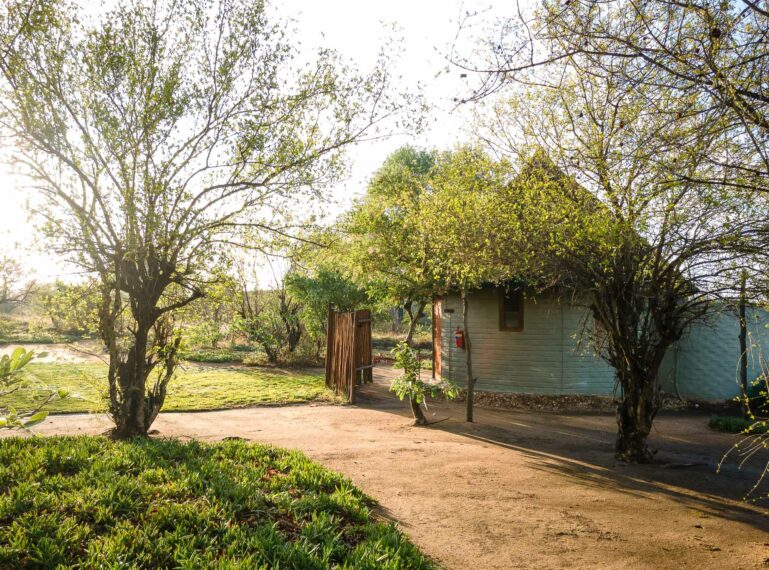
The word safari is synonymous with the Big 5, intrepid adventures and breathtaking golden sunsets melting behind horizons of endless savanna landscapes. A safari in Africa provides an opportunity for visitors to experience wildlife roaming free in their natural habitat, while indulging in iconic activities that you just don’t experience anywhere else in the world. Some of these iconic experiences include game viewing with a safari guide driving a modified, open-topped game viewer; spending endless nights sitting around a campfire in the boma; witnessing annual wildlife migrations; adventuring in mokoro canoes; and raising a glass to celebrate golden hour.
We can preserve our natural heritage by introducing you to local cultures and teach you about protecting endangered wildlife. A safari is an opportunity for you to enjoy a much needed sojourn for your soul. Today we’re going to delve into the most frequently asked questions from first time visitors to Africa, and focus on South Africa’s most popular safari destination: the Greater Kruger. A couple of questions we’ll unpack include “what is a safari in Africa?‘, “how much is a safari in Africa?“, and “when to go on safari in Africa?“.
Here are our top safari FAQs related to the Kruger
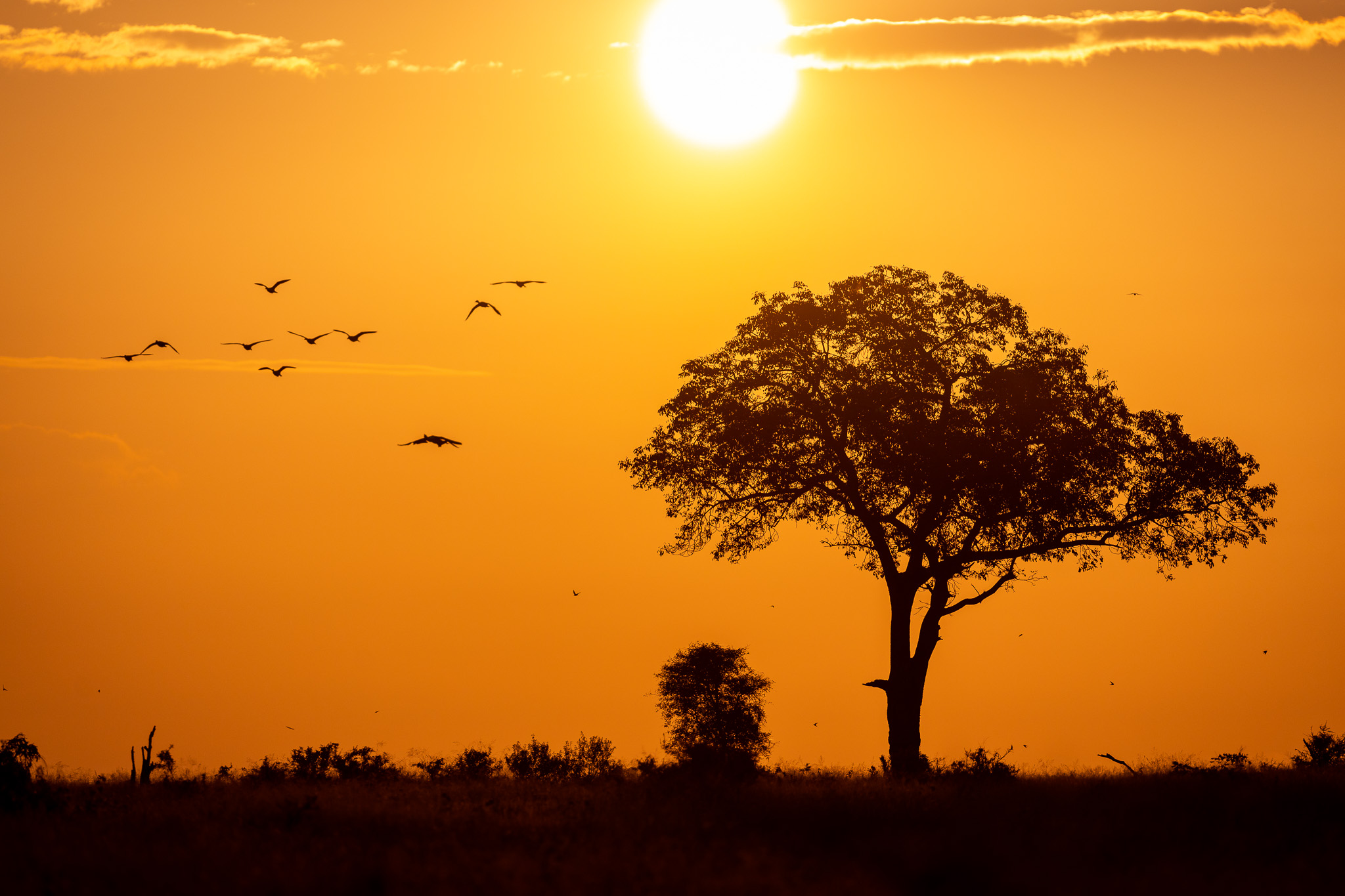
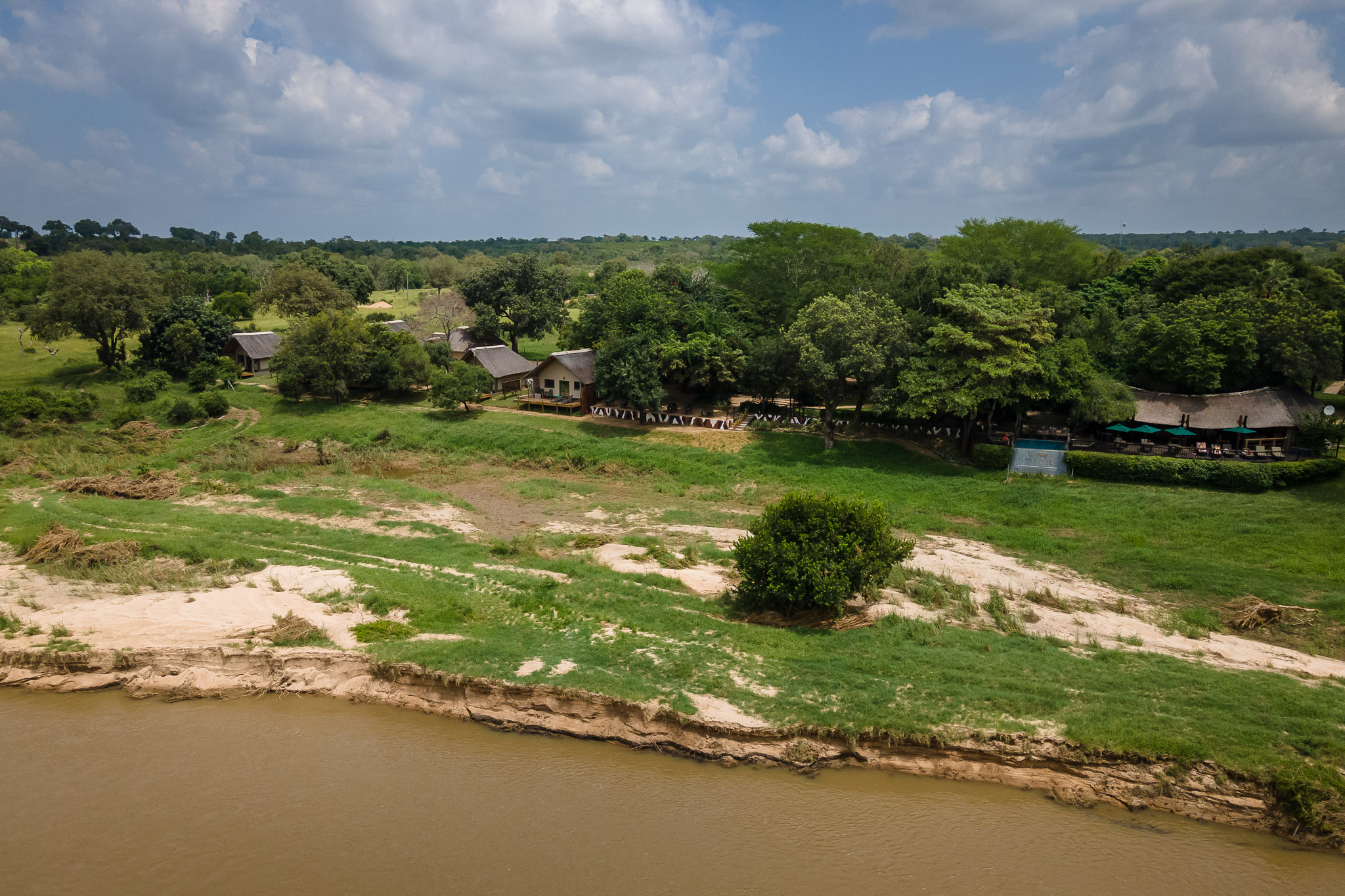 What is a safari in Africa?
What is a safari in Africa?
Loosely translated, the Swahili word safari means journey. A safari is a journey into wild landscapes to observe animals in their natural habitat. You travel to your chosen destination and reserve, stay in lodges and enjoy daily activities that are centred around game viewing. Typically, these include game drives and bush walks. When you stay in private reserves, all of your activities are guided. This means you learn how to track wildlife, get introduced to the landscape and find out facts about your destination.
Most people come to a place like the Kruger to spot Africa’s famous Big 5 animals (lion, leopard, elephant, rhino, buffalo). A safari is the perfect holiday/vacation for animal lovers who want to be in the wild observing nature and its inhabitants, while staying in comfortable or luxurious accommodations.
A popular lodge in the Greater Kruger is Umkumbe Safari Lodge Riverside, a hideaway located on the banks of the seasonal Sand River. This lodge is the epitome of what a Kruger safari is all about: comfortable rooms and suites, family-friendly, expert guiding and tracking, excellent game viewing opportunities and stellar views. It’s here that guests can spot Umkumbe’s most revered species—the leopard.
When should I go on safari in Africa?
Whatever time of year you choose to visit the Kruger, there is always something rewarding to see. During the winter time, the bushveld thins out and water sources become scarce. This means wildlife flocks to waterholes and—occasionally—lodge swimming pools to replenish their thirst. Seasonal rivers also become dry riverbeds. It’s easier to spot wildlife because of the sparse vegetation. Winter is roughly from May to August. May and June is also when the wild dogs become more sedentary as it’s their denning period, and coincides with the end of the impala rutting season.
During the summer (November to April), the bushveld turns into a myriad of lush green colours and migrant birds descend upon the area. The colours are simply astounding. Everywhere you turn, there is dense vegetation and full rivers. Summer is the rainy season, which means wildlife is more dispersed because of the readily available water sources. November is also when the impala lambs are born, and plenty of new life is introduced into reserves.
Spring and Autumn often bring the best of winter and summer in the bushveld, where you can experience a noticeable shift in patterns.
What are the best safari options in the Kruger?
The best safari options in the Kruger can be whittled down to your safari preferences. Safari preferences can be anything from personal taste to budget, wildlife bucket list, and level of fitness. The whole of the Greater Kruger offers a diverse game viewing experience where it’s possible to spot everything from elephants to African wild dogs, cheetah, leopard, lion, rare rhino, migrant birds, crocodiles, snakes, and more. Whatever safari option you choose, you won’t be disappointed.
For the more active crowd, we recommend a Kruger walking safari. Africa On Foot Wilderness Trails caters to nature lovers seeking an immersive walking safari experience. This mobile camp offers a rustic yet comfortable setup, allowing guests to explore the rugged terrain in the Greater Kruger. Trails is a 3-day adventure and combines the intrepid exploration atmosphere with more relaxed game drives. For something slightly more tamer on the walking front, you could opt for a stay at Africa on Foot in the Klaserie. Africa on Foot starts off the mornings with a relaxed 3-hour walk and finishes the day with a standard evening game drive.
For a more elevated and relaxed safari that sticks with the iconic two game drives a day experience, we recommend nThambo Tree Camp. With its raised accommodation on wooden stilts overlooking the wilderness, nThambo offers supremely comfortable accommodations.
What is the cost of a safari in Africa?
The cost of a safari in Africa is dependent on a number of variables. For the sake of this blog, we’re going to include the average cost of a safari across a few of our Kruger lodges. Our camps and lodges are located in private reserves, which means the price is all inclusive. The price you are quoted is NOT just for your accommodation. It usually includes all daily game viewing activities, local drinks, three meals a day, and tea and coffee. Here are a few price ranges for our four featured lodges.
Umkumbe Safari Lodge Riverside: From R4,675.00 per person sharing per night
Umkumbe Safari Lodge Riverside offers a family-owned atmosphere, comfortable accommodations, and expert guiding. The rate includes all meals, game drives, accommodation, optional weather permitting bush walks, and teas & coffees. The standard rooms provide a more affordable option, while the superior rooms offer additional amenities such as private balconies, seating areas and expansive room areas. This flexibility allows travellers to choose accommodations based on their budget without compromising on the safari experience.
Africa On Foot: From R4,270.00 per person sharing per night
Africa On Foot offers an opportunity to experience an activity-based and standard Kruger safari experience in the revered Klaserie Private Nature Reserve. The full board rate includes all meals, accommodation, afternoon game drives, morning bush walks, and teas & coffees. For travellers seeking a comfortable to mid-range safari experience, this camp provides a great balance between affordability and experience. Guests can enjoy guided walks and game drives, making it accessible for those looking for an authentic safari adventure without breaking the bank.
Africa On Foot Wilderness Trails: From R11,760.00 per person for 3 nights
Africa on Foot Wilderness Trails offers a comprehensive and immersive all-in-one experience. The rate covers all meals, accommodation, bottled water, bush walks, game drives, and teas & coffees. For adventure enthusiasts seeking a deep immersion into the African wilderness, this package provides a once in a lifetime opportunity to experience this in the Kruger. The extensive activities and guided experiences are just perfect for travellers passionate about exploring nature on foot.
nThambo Tree Camp: From R5,050.00 per person per night
nThambo Tree Camp provides an elevated safari experience with unique treehouse chalets. The rate includes full board, game drives, accommodation, optional weather permitting bush walks, and and teas & coffees. The personalised service, exceptional views, and eco-friendly approach make it a worthwhile investment for travellers seeking an exclusive and intimate wilderness adventure. We consider the Klaserie’s nThambo Tree Camp to be the luxury older sister to Africa on Foot.
If you have any more questions, feel free to pop them in the comments section of this blog post. Alternatively, you can email reservations@sundestinations.co.za who’ll guide you through the process of booking a safari.
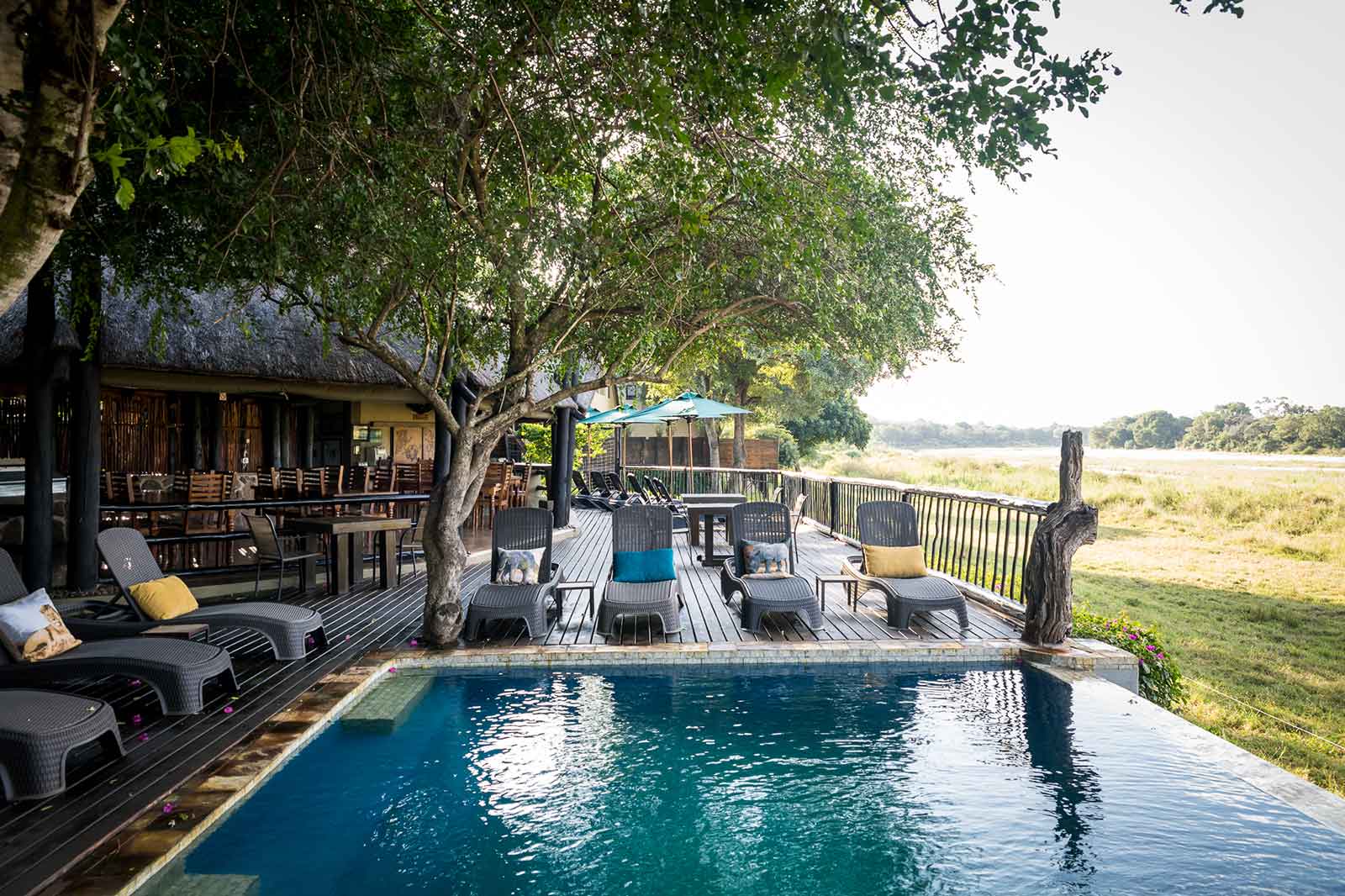
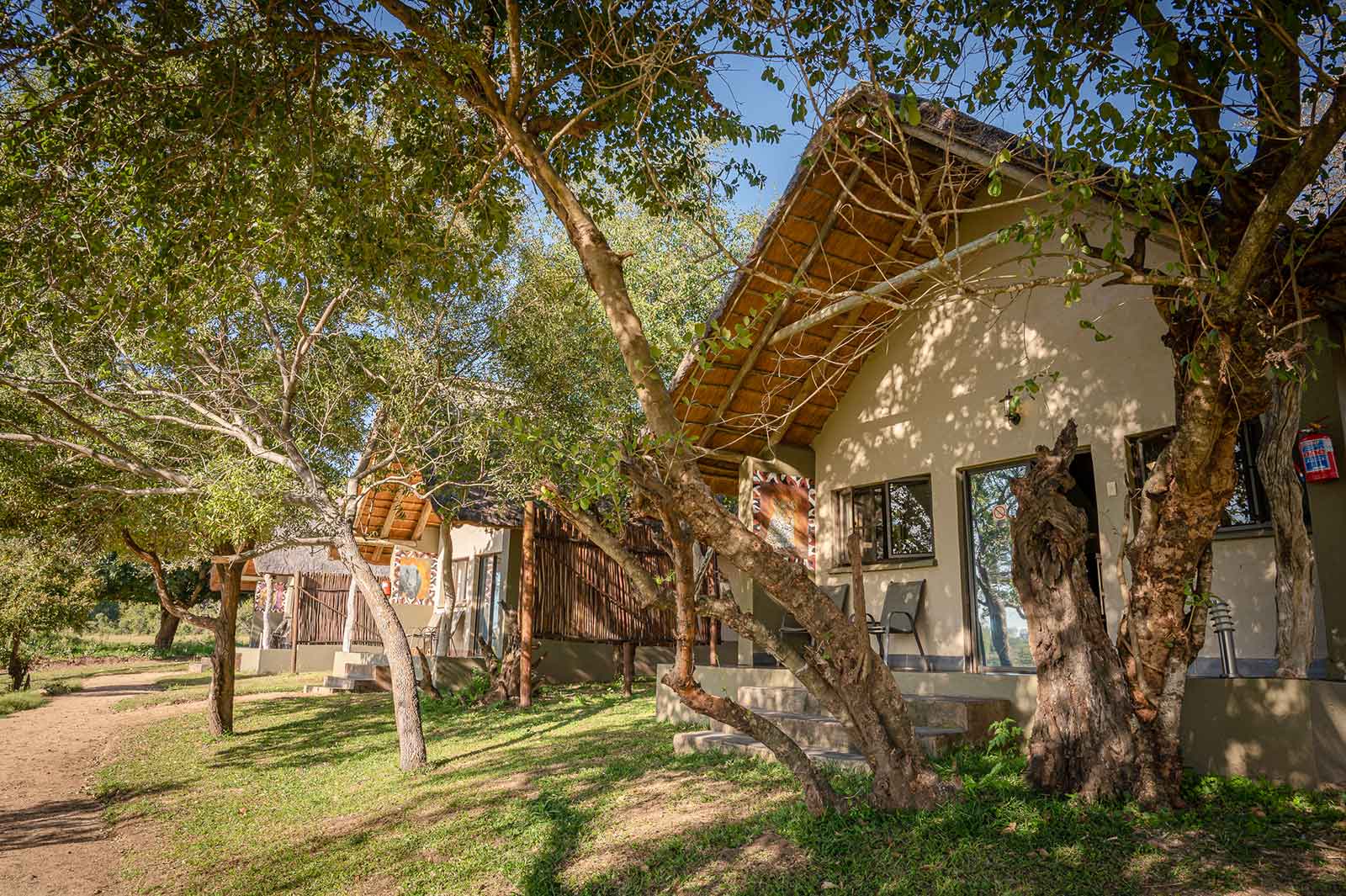
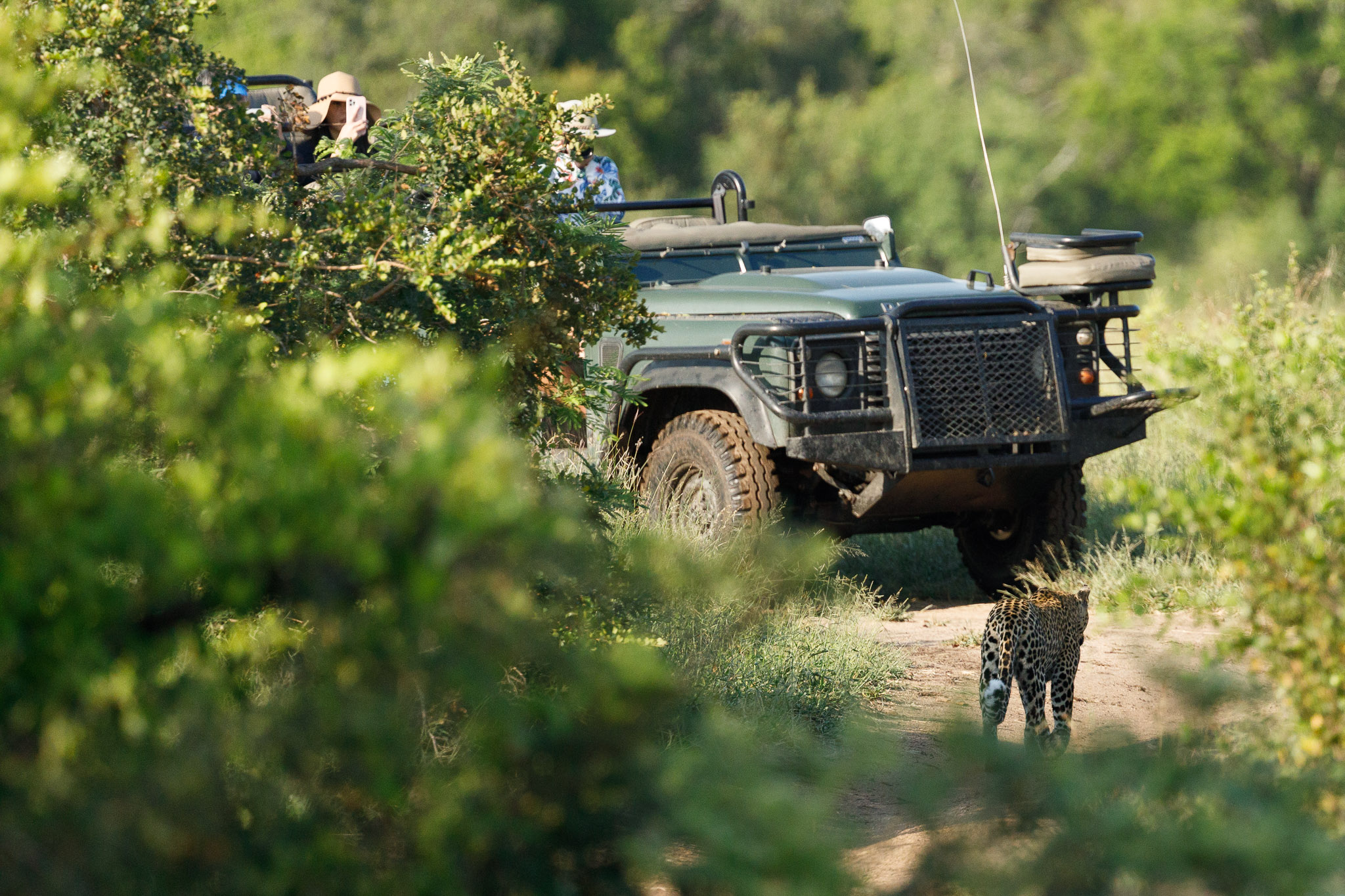
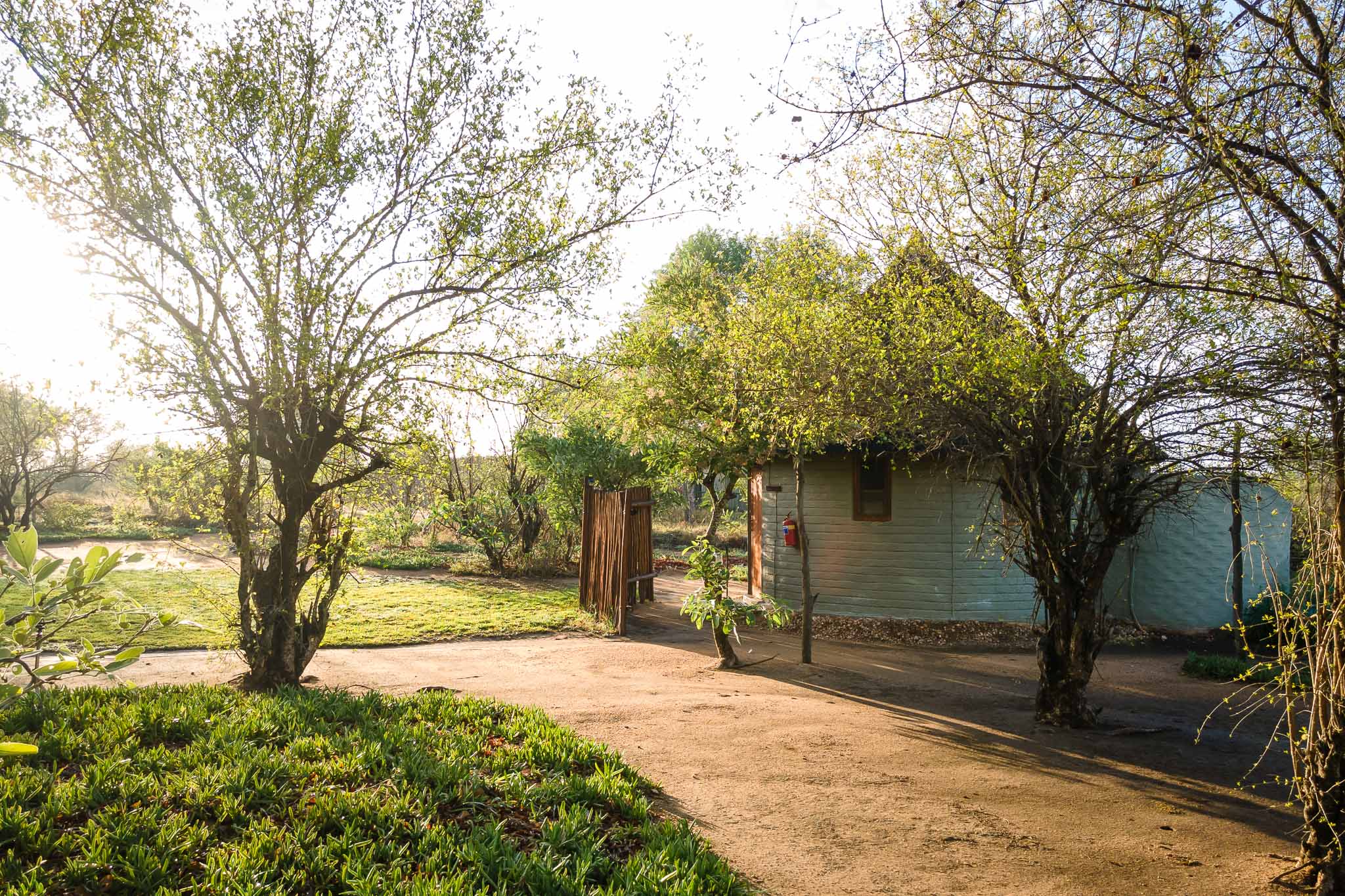
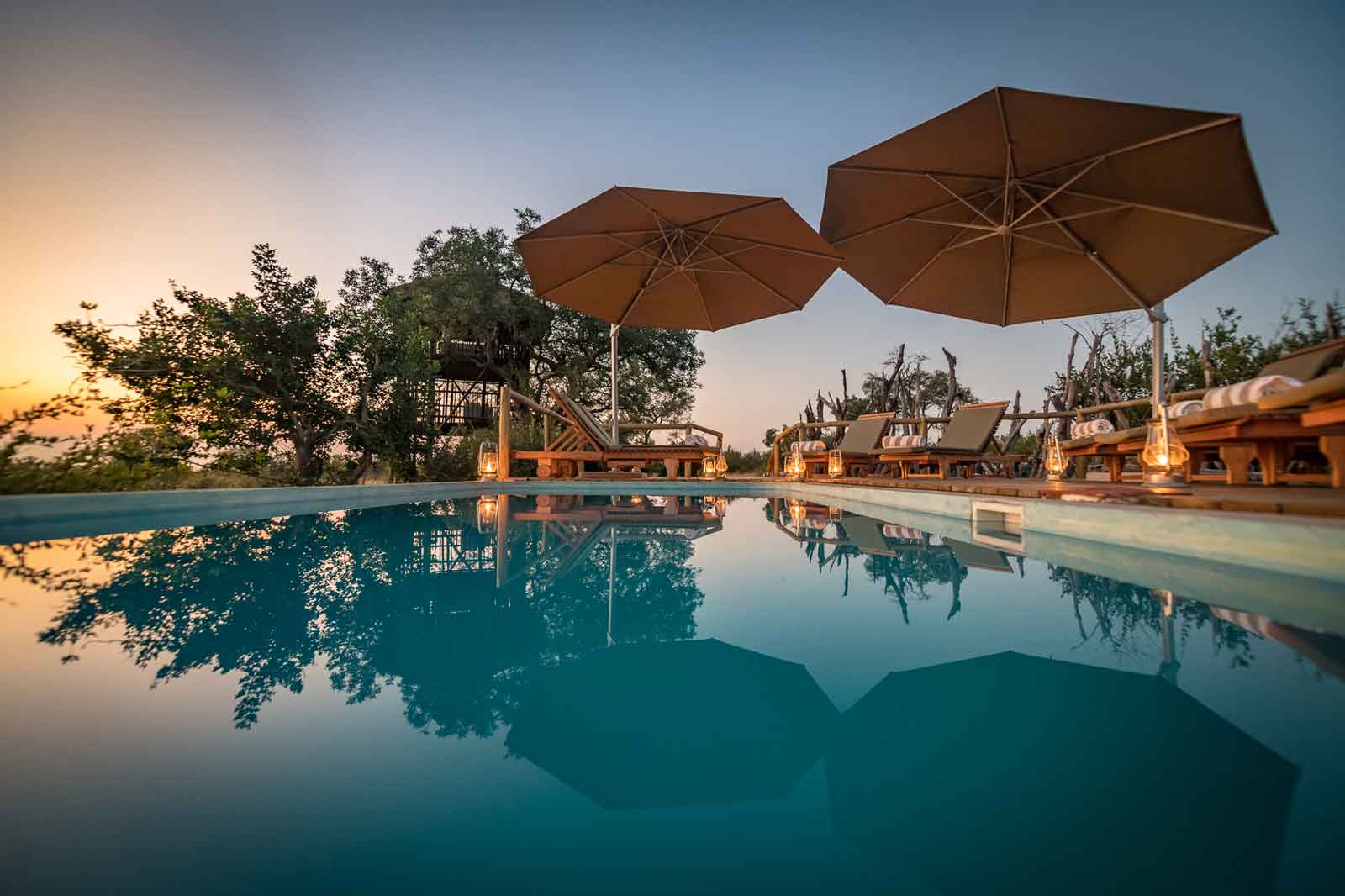
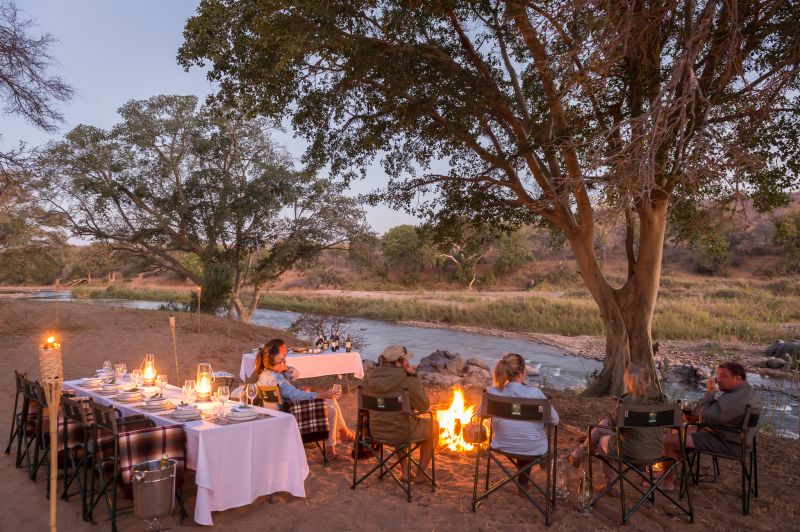
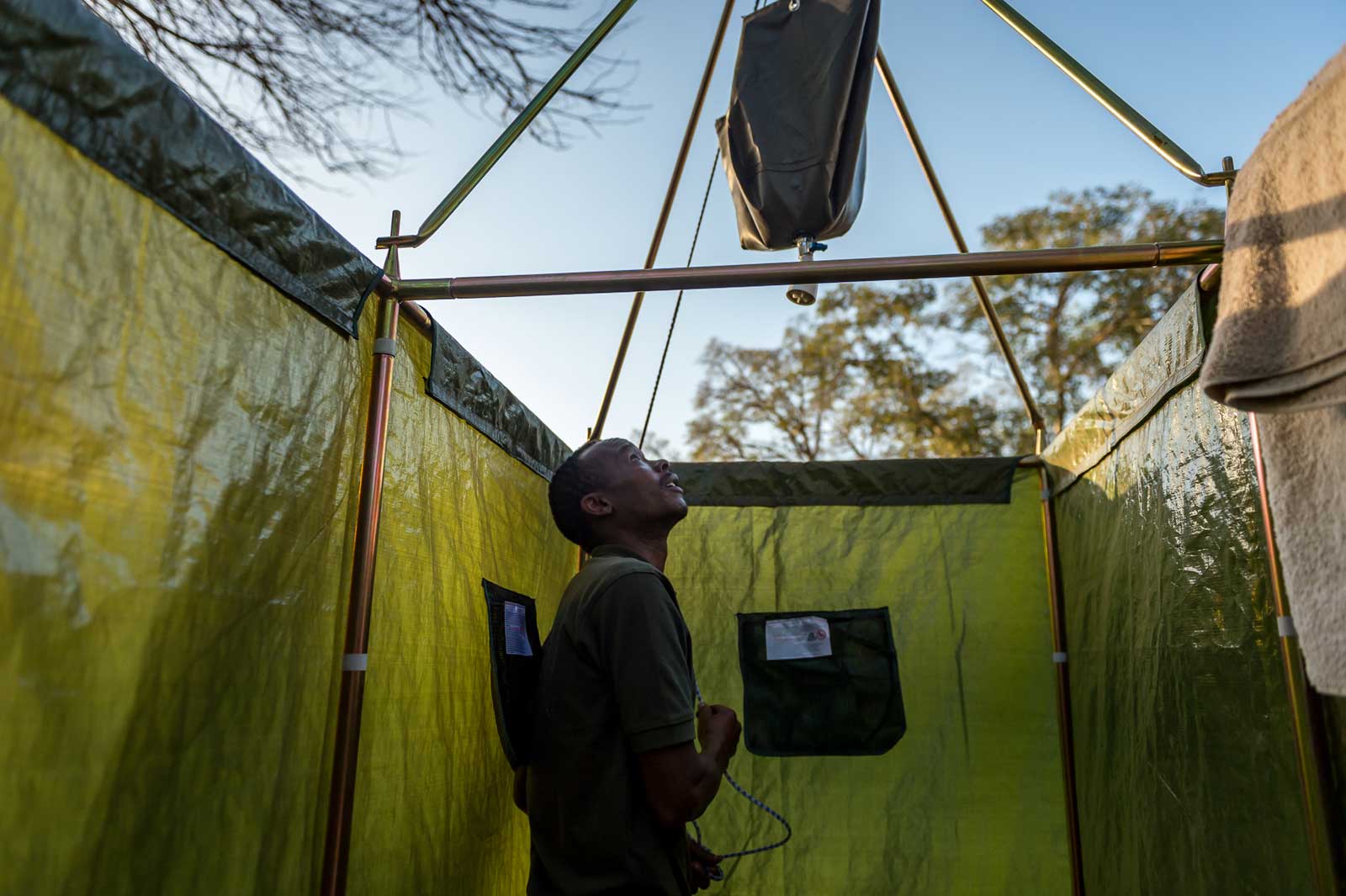
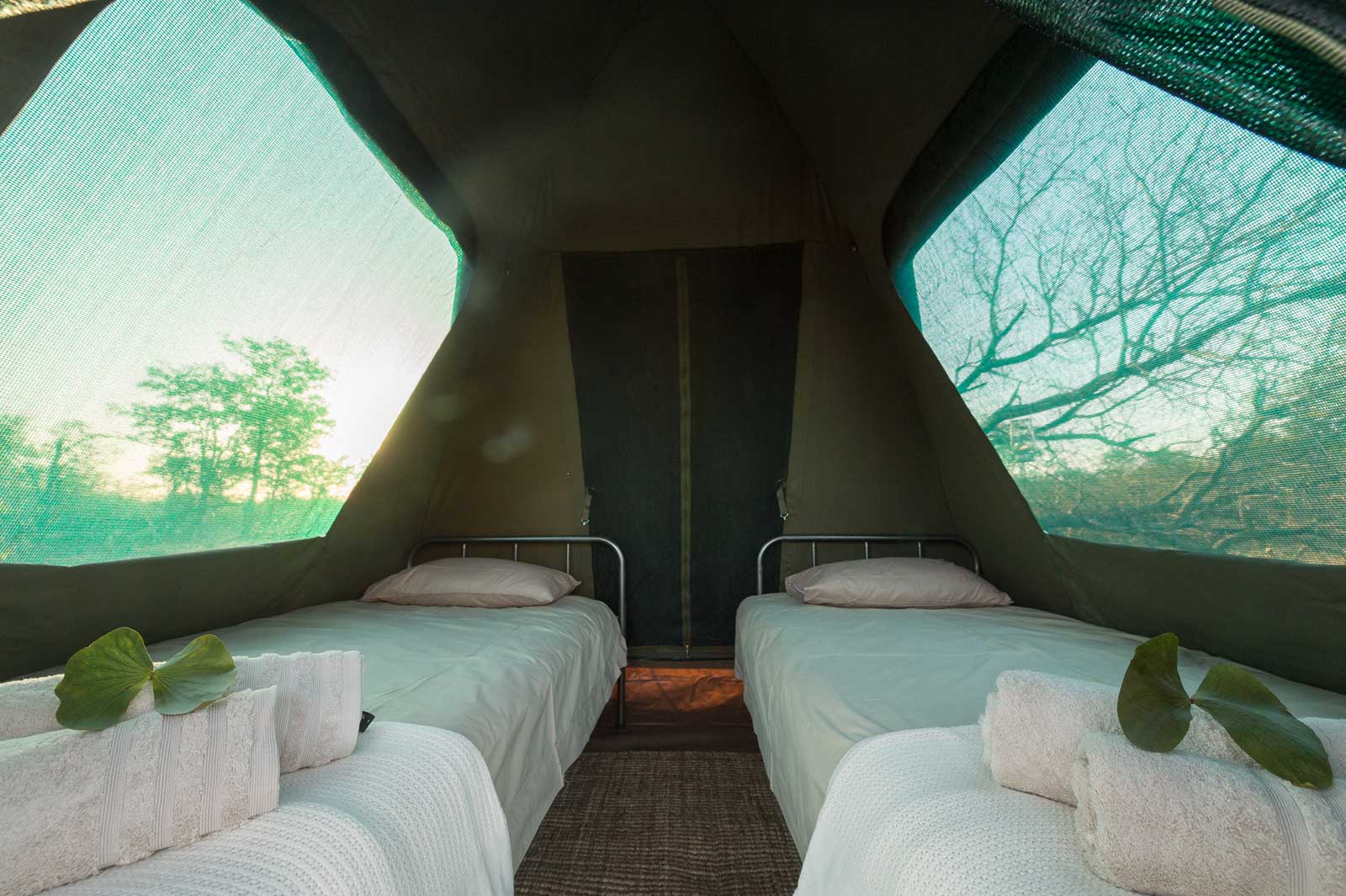
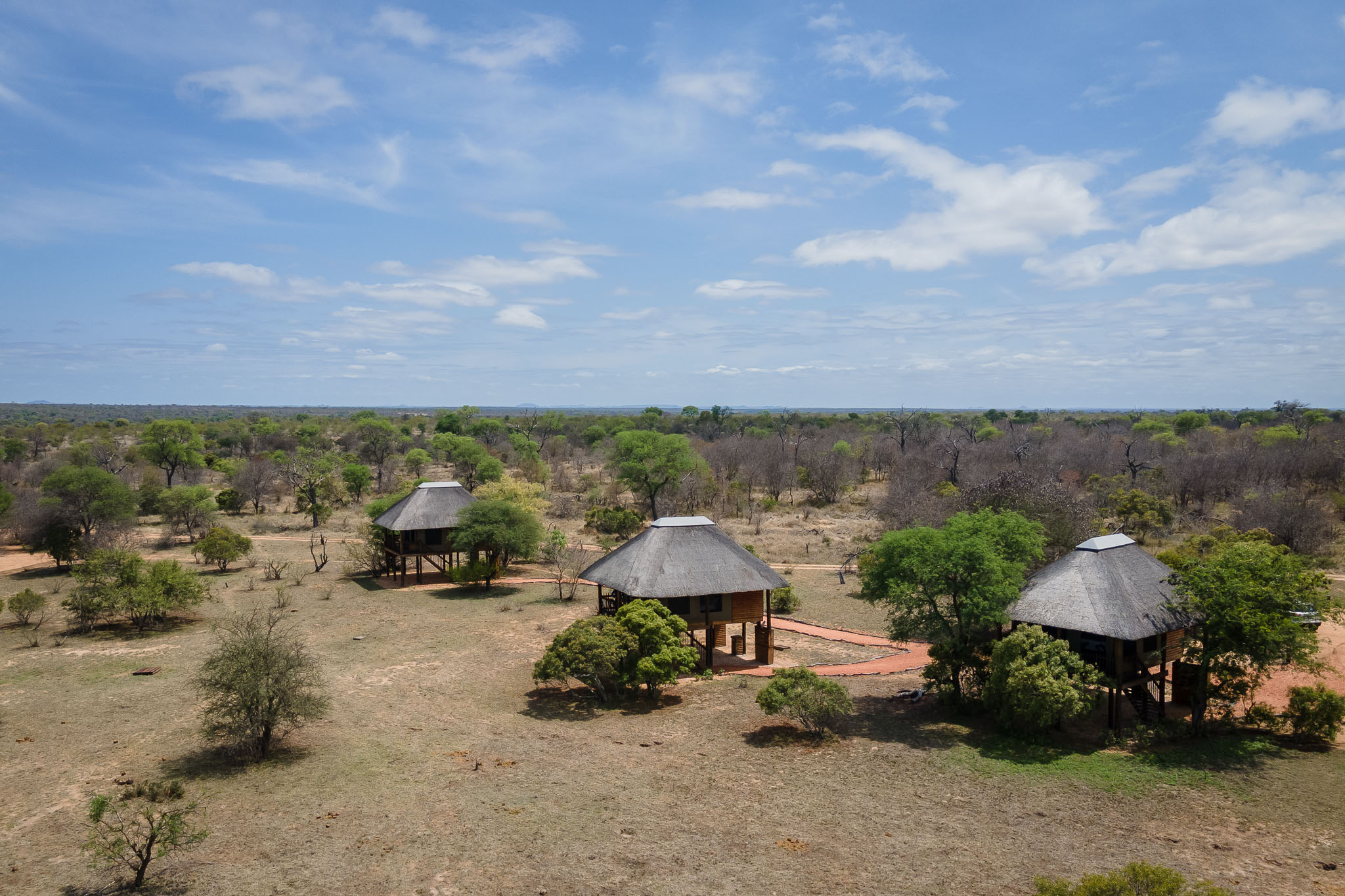
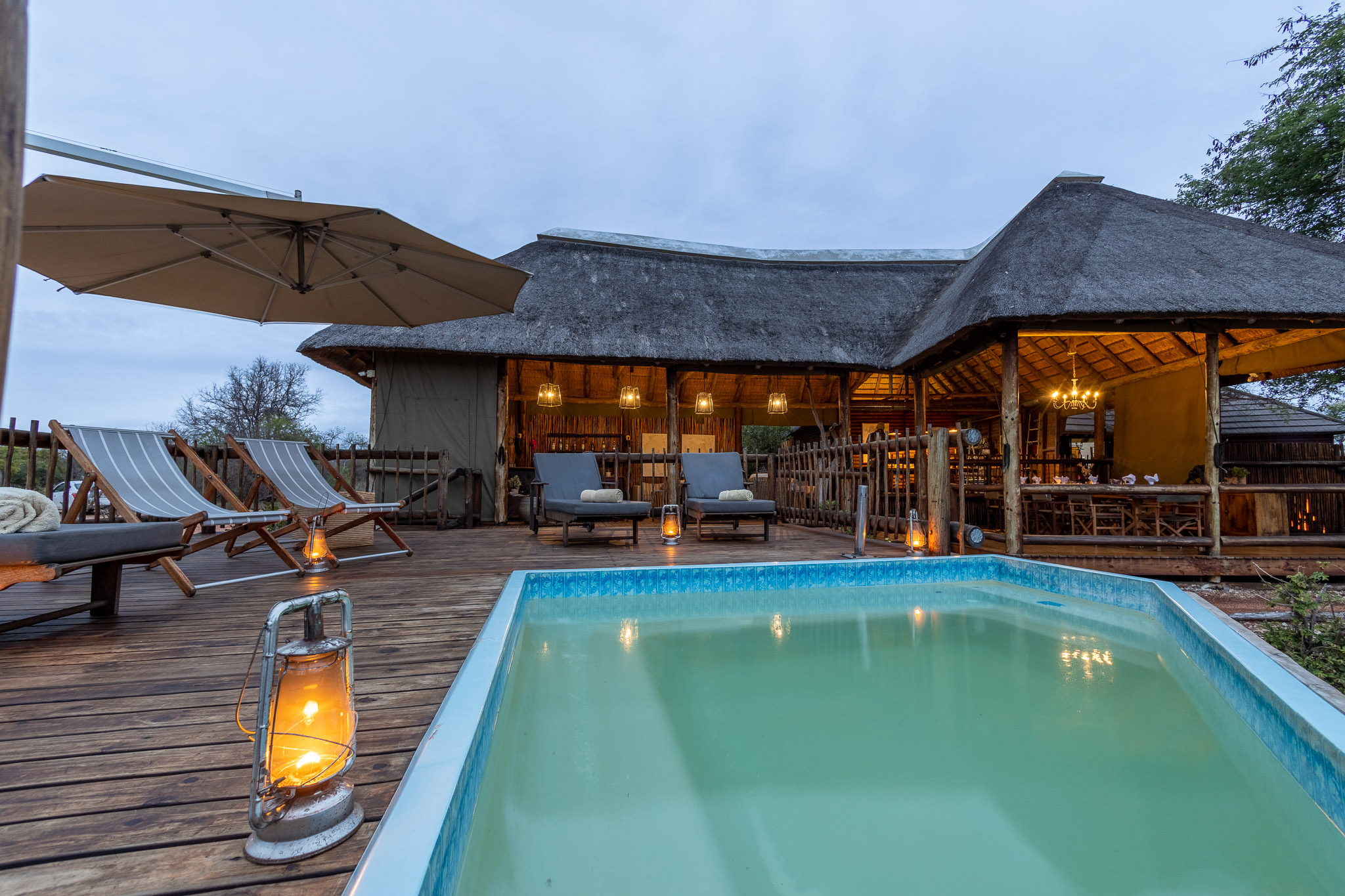
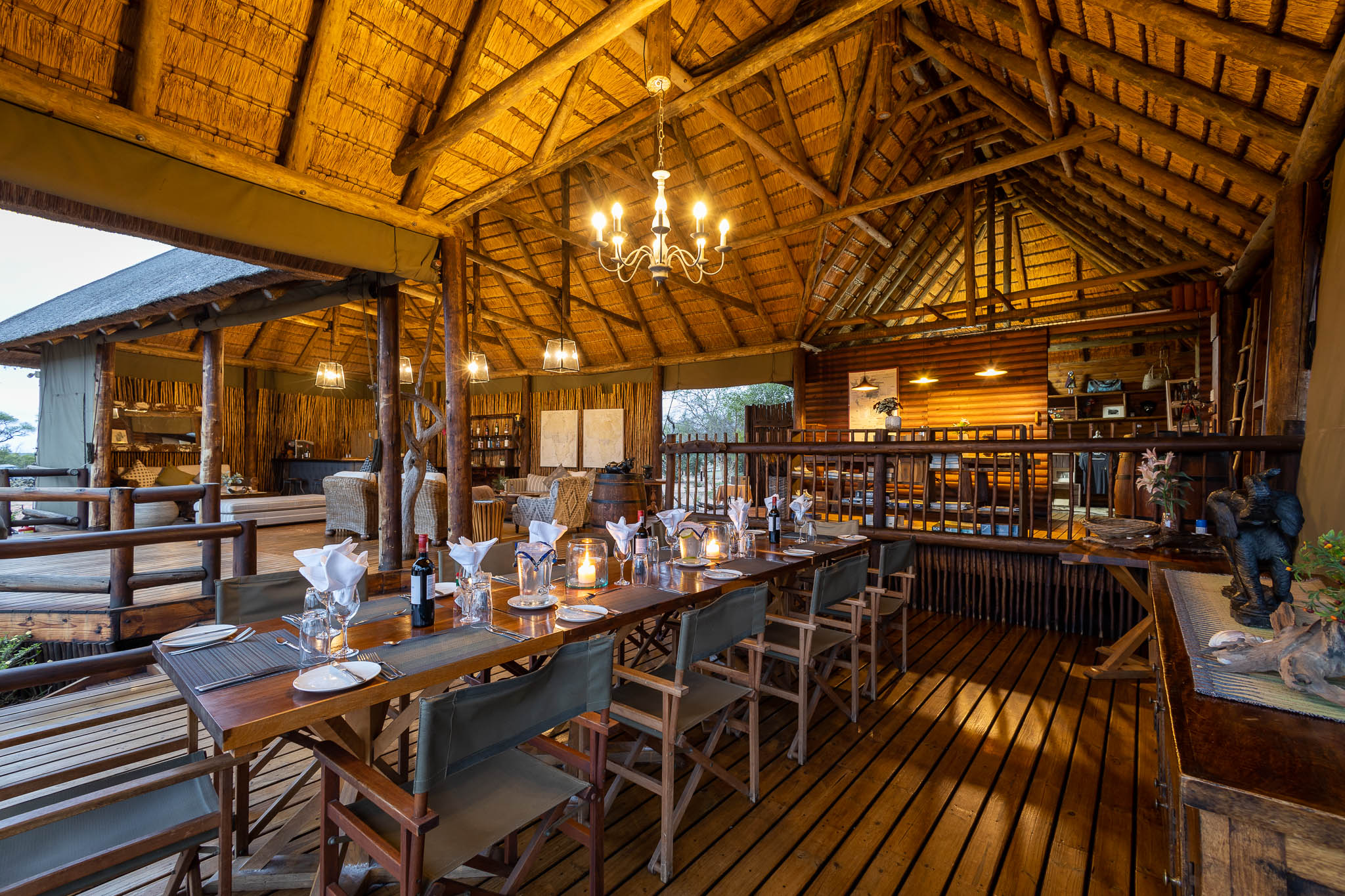
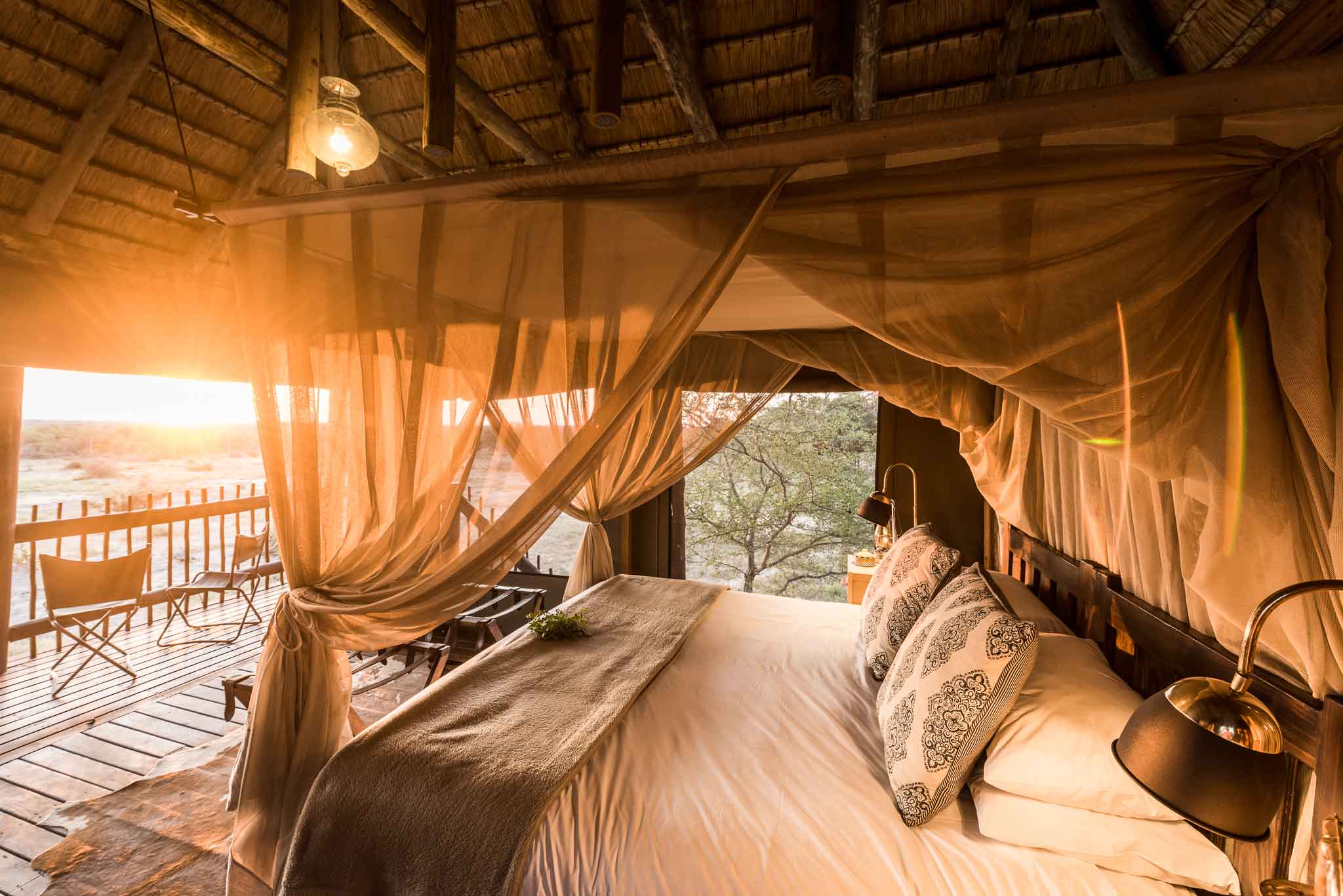
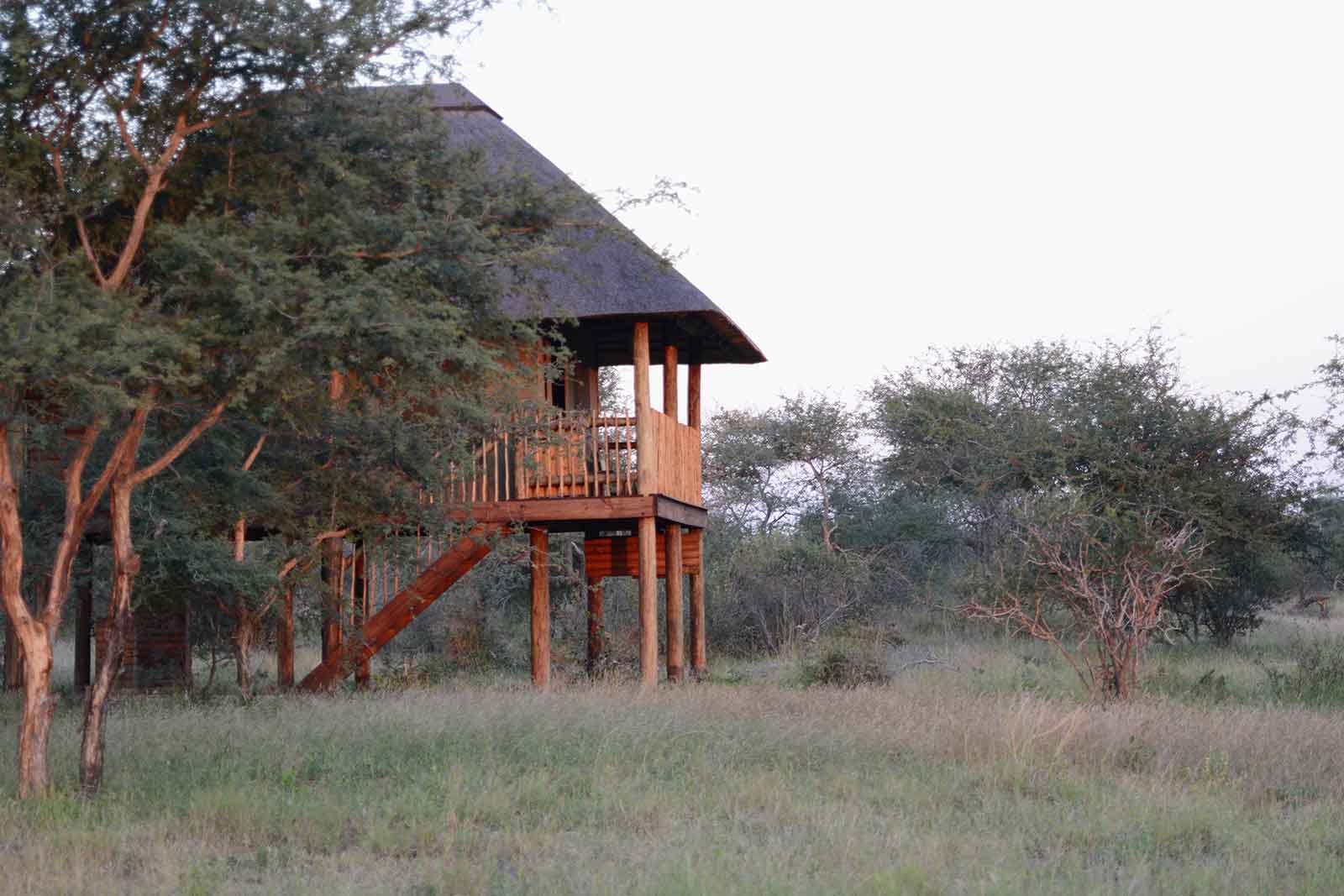
Leave a Comment